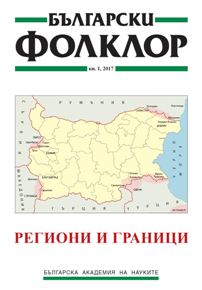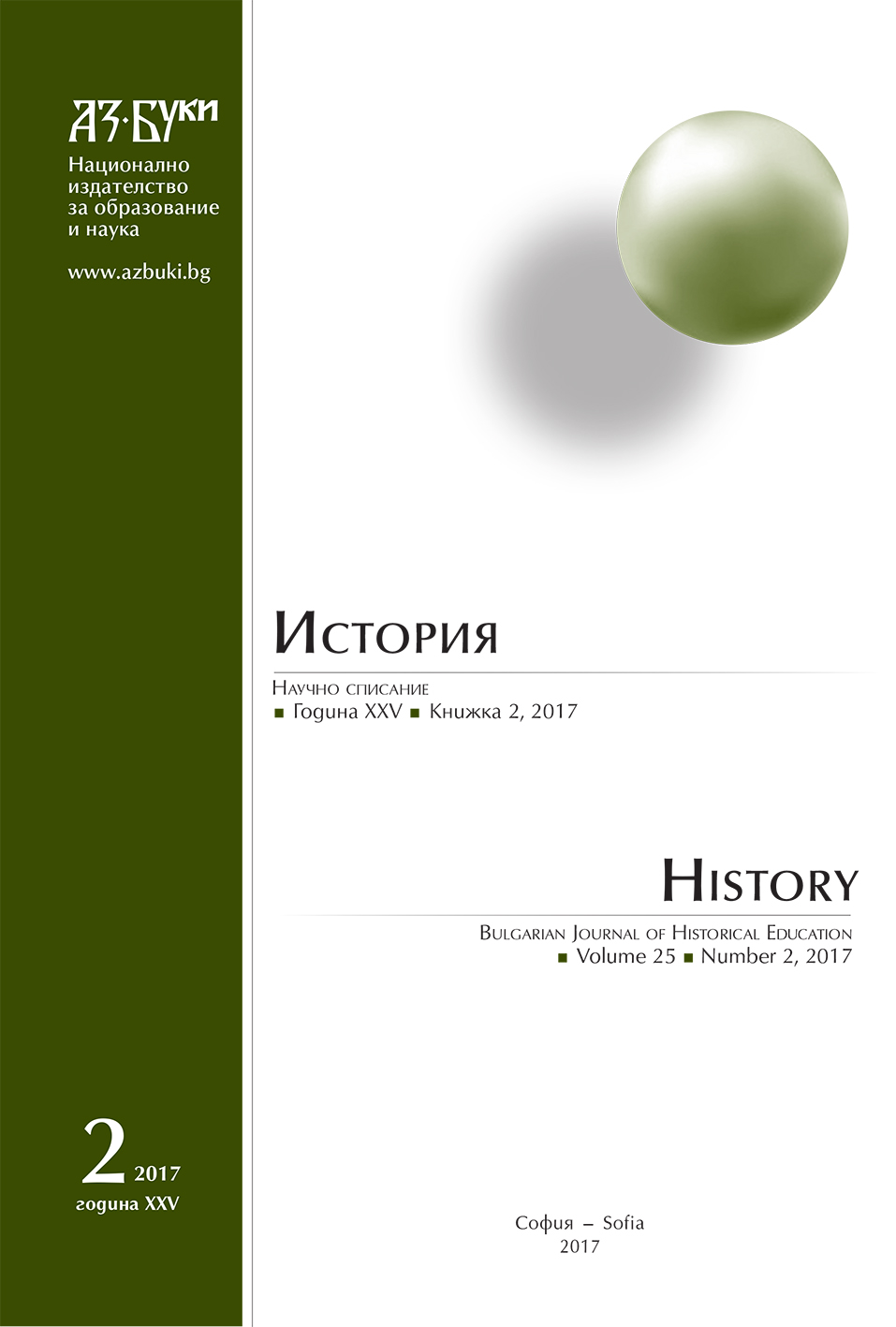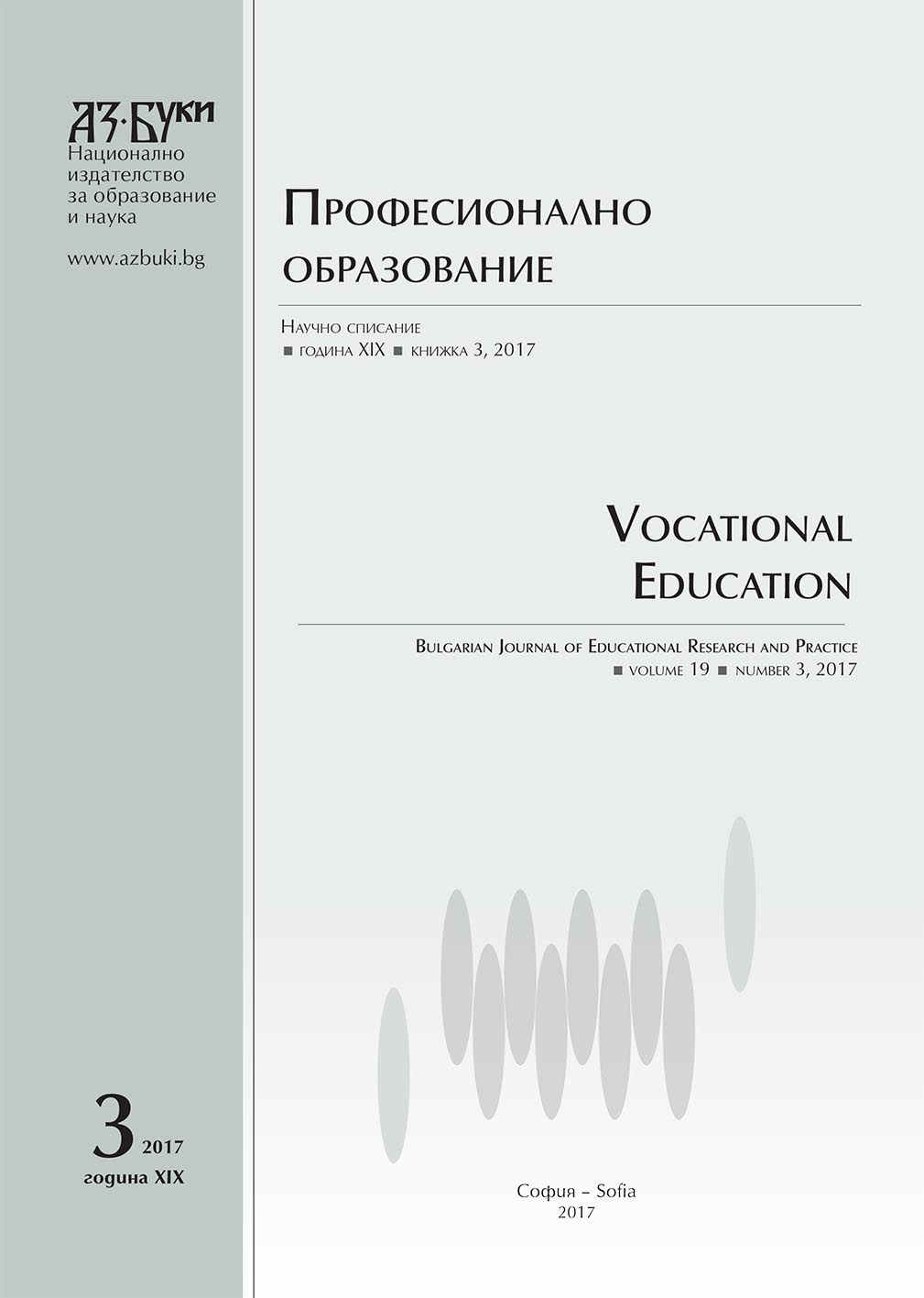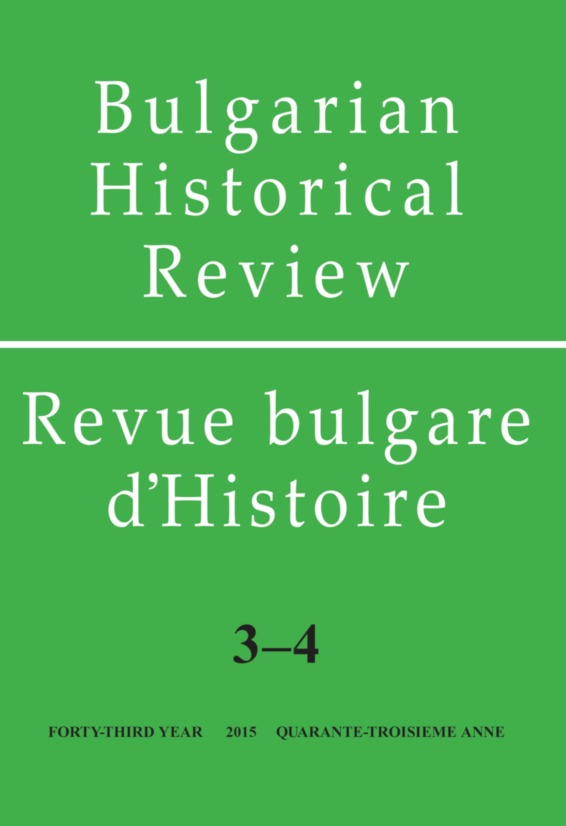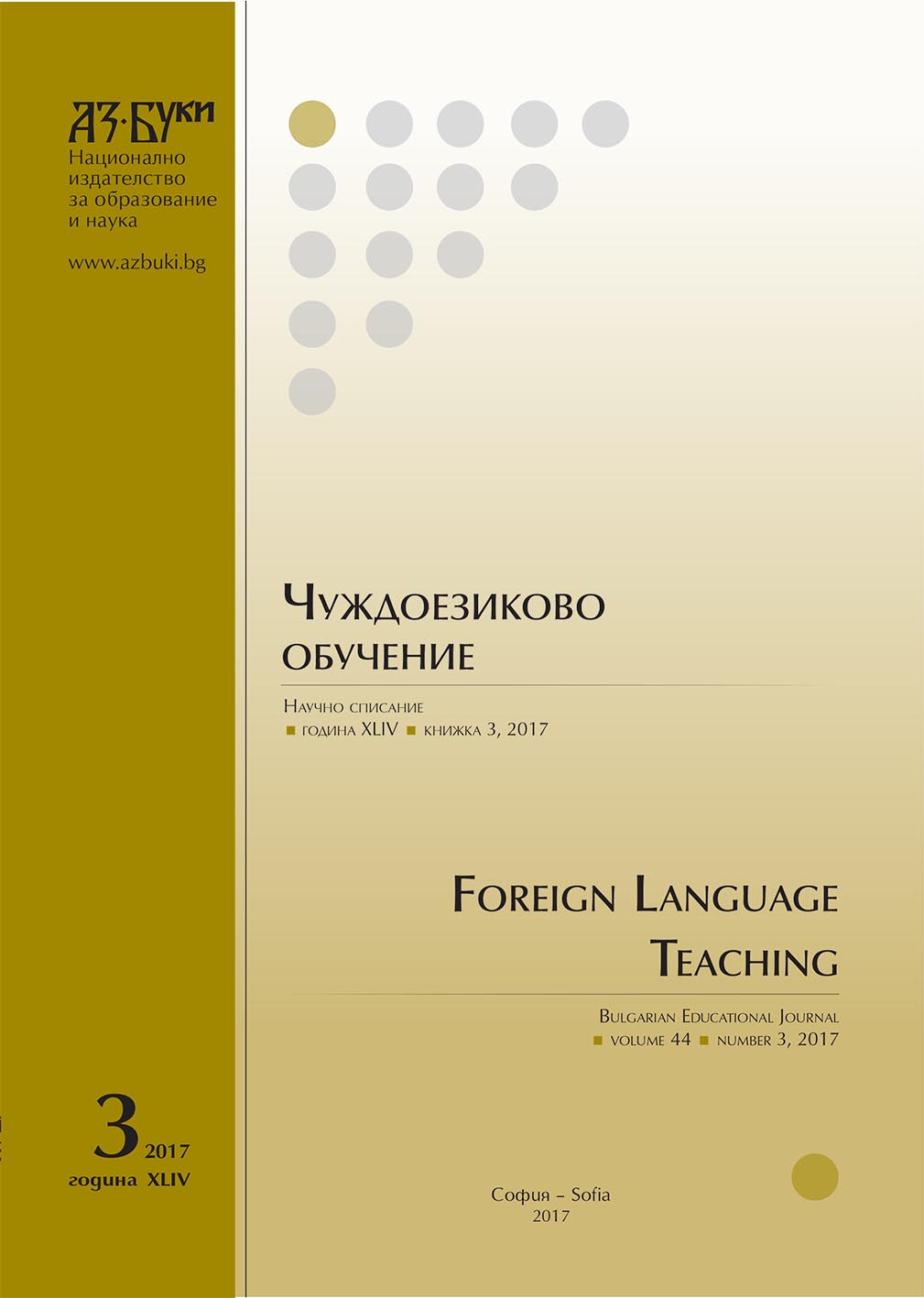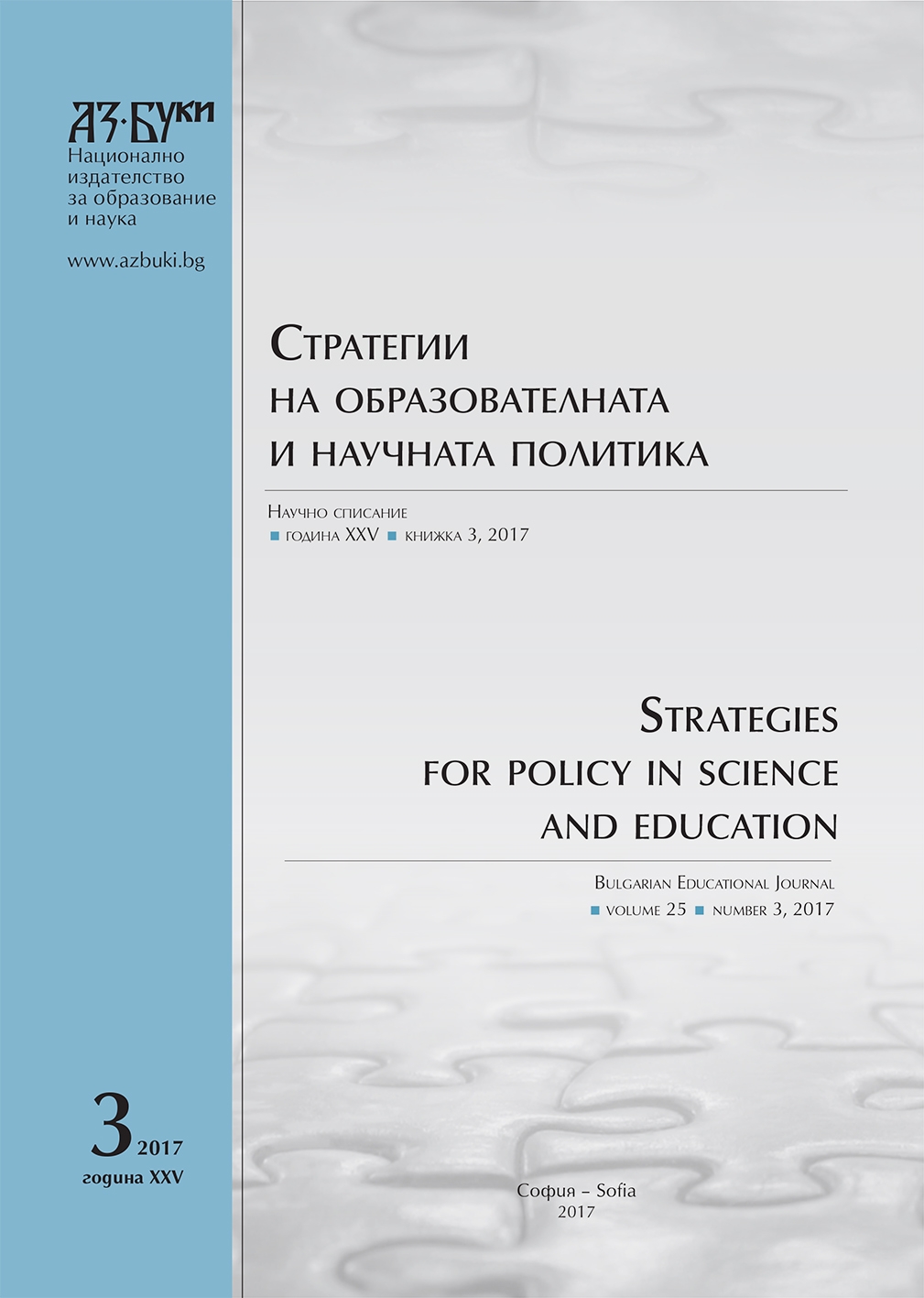
„Химерната група“ в училище и загуба на „биографичното illusio“
The paper applies the biographical method to explore the concept of chimerical groups at school as a type of potentially criminogenic gangs. To this purpose, the concepts biographical illusio and biographical illusion as introduced by French sociologist Pierre Bourdieu are employed and the process of their loss is delineated. The problem of “deviant norm” is indirectly related to the one of human identity inasmuch as a deviant personality implies social repudiation due to lack of adaptability. In the context of Bourdieu’s ideas, deviant behaviour is not associated with loss of identity, but rather with attribution of identity. With the very act of its naming, the negative identity of the chimerical group at school predetermines the lot of these students. Thus, the research exposes the in-depth mechanisms of the formation of the social identity of deviant communities as well as the relation of that identity with the biographical illusion and the biographical illusio.
More...
